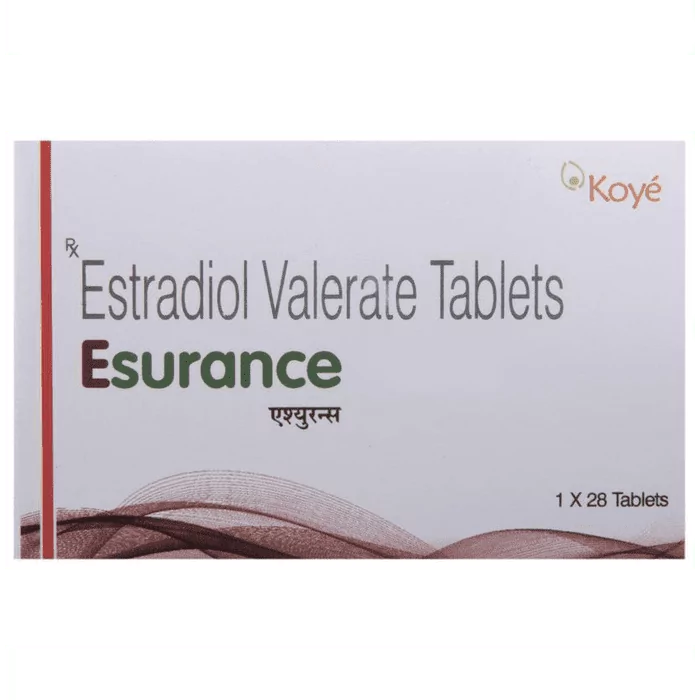The missing of a menstrual cycle for 12 continuous months marks Menopause in women in their late 40s and 50s.
This period is accompanied by hormonal imbalance, which often results in weight gain, hot flashes, and several other symptoms.
Since not every person is comfortable with using medications for these symptoms, they look for natural remedies.
At present, using herbal tea for Menopause management has proven to be quite effective.
Each of these herbal teas has its unique benefits and addresses particular symptoms of Menopause.
This article will discuss five of these herbal teas that are popular in relieving Menopause symptoms.
5 Best Herbal Tea for Menopause
There are several herbs that can be used in the preparation of tea, which are beneficial for Menopause treatment.
Some of these herbs include black cohosh root, ginseng, red clover, and dong quai.
Individuals can also include ginkgo biloba in their tea to relieve several other symptoms of Menopausal stages.
This section will discuss the benefits of the above-mentioned herbal teas for Menopausal women.
Save up to 90% on your medicine bills

Progynova 2 mg

Oestrogel 2.5 gm / 1.5 mg

Estrabet 2 Tablet

Esurance Tablet
Black Cohosh Root
According to research, black cohosh root effectively reduces the severity of hot flashes in an individual.
Hot flashes are a common symptom of Menopause, and this herb can effectively reduce the number of hot flashes as well.
It can also help in successfully reducing dry mouth, which usually increases after Menopause.
One can take this herb in the form of pills or, more commonly, as a tea, depending on their choice.
Black cohosh tea can help in partially maintaining hormonal balance and reduce mood swings during Menopause.
Ginseng
 Source: Leung_cho_pan
Source: Leung_cho_panSeveral studies have shown that ginseng is highly beneficial for maintaining the hormonal aspect of an individual in Menopausal women.
Its hormonal effects are similar to Estrogen’s, producing Estrogen-like activities in one’s body.
Since fatigue is common among women during Menopause, using ginseng tea can improve energy levels.
Ginseng can also help in improving sexual arousal, resulting in an improvement in one’s sexual life after Menopause.
Red Clover
Red clover consists of a compound named isoflavones, which acts like Estrogen in one’s body.
Since the low Estrogen levels often result in Osteoporosis (thinning bones) in postmenopausal women, red clover can prevent it.
It can also reduce hot flashes in women, helping to improve one’s overall well-being.
Postmenopausal women can opt for other supplements besides herbal tea. To learn more, read Menopause Supplements: A Guide to Effective Relief.
Dong Quai
Dong quai has a long history in traditional Chinese medicine used for women’s health.
The herb may have Estrogen-like properties and can, hence, improve one’s libido and hormonal balance.
It can reduce cramps during or after Menopause and can also ease one’s pelvic pain.
If an individual combines dong quai tea with chamomile tea, it can effectively reduce hot flashes during Menopause.
Ginkgo biloba
Ginkgo biloba consists of 24% phytoestrogens, and it can be a possible alternative to Hormonal Replacement Therapy (HRT) for postmenopausal women.
Hence, it can also increase libido in women after their Menopause.
Individuals may also notice its benefits on mood fluctuations after consuming ginkgo biloba tea.
Conclusion
Women often opt for herbal tea for Menopause treatment since it works as a natural remedy for Menopausal symptoms.
Black cohosh root is known for reducing the severity and frequency of hot flashes and reducing dry mouth.
Individuals can use ginseng to increase sex drive and energy after Menopause, besides improving hormonal balance.
Red clover has Estrogen-like properties, helping in preventing Osteoporosis and reducing vaginal dryness.
Dong quai can reduce hot flashes, cramps, and pelvic pain during or after Menopause.
Women can also try ginkgo biloba as an alternative to Hormonal Replacement Therapy (HRT), and it can also help in improving mood swings.
However, it is always best to consult a doctor before using these herbs in preparing tea.

Frequently Asked Questions
Can drinking tea for Menopause weight gain replace Menopause medications?
No, drinking herbal tea for Menopause weight gain cannot replace the Menopause medications. Although it can act as a supportive measure, it cannot address the hormonal imbalance directly.
This can delay the weight loss process, and some individuals may fail to notice any changes.
What are the alternatives to Menopause tea?
Alternatives to Menopause tea include dietary changes, exercise, stress management, and herbal treatments. Individuals can also opt for other Menopause supplements and medications depending on the intensity of their symptoms.
Is it necessary to check Menopause tea reviews?
Yes, it is necessary to check Menopause tea reviews before buying them. It is best to learn about previous customer reviews to learn about their ingredients, effectiveness, and potential side effects.
However, the individual responses may vary regarding their effectiveness and safety.
How long does it take to experience the benefits of tea for menopause relief?
The time to experience benefits from tea for Menopause relief varies. Some people may notice improvements within a few weeks of consistent use, while others may take longer.
However, the individual responses depend on factors like tea type, frequency, and overall health of an individual.
Can Menopause symptoms be entirely treated through tea consumption?
No, Menopause symptoms cannot be entirely treated through tea consumption. However, it can be highly beneficial in the management of symptoms like weight gain, Menopause belly, and hot flashes.
Cheap Medicine Shop only refers to credible, authoritative sources for our content. If you’re curious about how we ensure the integrity of our content, we encourage you to read our Content Information Policy.














